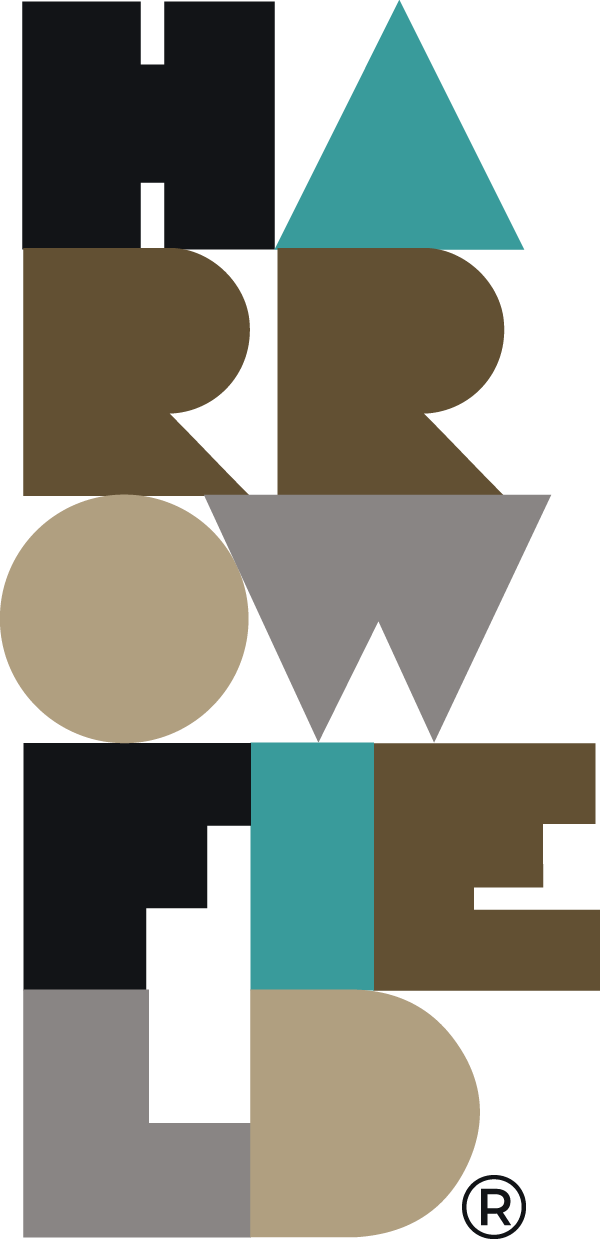How to read a self-help book and actually be helped
Ruth Harrowfield – BA/BSc, MSc Hons, PGDip I/O Psych, PGDip Science (Cl. Psych)
There’s a lot of kudos out there for being someone who smashes out books. We revere the reading habits of Elon Musk and his two books per day, Mark Zuckerberg and his slightly more attainable book per fortnight. Even if we don’t necessarily want their lives, the discipline is admirable.
It’s valuable to grow knowledge and wisdom for sure. Even more profitable is the application of that knowledge and wisdom to your day-to-day life.
I’ve been a self-help nerd forever; even as a kid when others were reading teen novels, I was plugged into pop psychology books like The Road less Travelled, constantly on the lookout for ideas for better ways to think and act.
How does one read a self-help book and actually get real value out of it, the kind that leads to changes in the way you think, act and communicate with others?
Set clear intentions
Start by clarifying what you want to achieve or learn from the book. Set specific goals you want to focus on for professional growth or personal development, so you can approach the book with a purpose.
Check the source
There are a lot of ‘quick fix’ promises provided on book covers. Before you invest your time in reading, investigate the background of the writer. What are their credentials for dispensing this wisdom? Is their work judged by academic standards?
Experts suggest you steer clear of self-help books that claim to be the one true answer to your problems or that promise easy, dramatic change, and those that don’t include empirical evidence or data sources to support their claims [1].
Engage actively with the contents
As you read the material, reflect on it, ask yourself questions and consider how the concepts apply to your life. Challenge your current assumptions and be open to new perspectives.
Keep a notebook or use sticky tabs to write down key points, quotes and ideas that resonate with you. Writing down your reflections helps reinforce learning and makes it easier to revisit important points later.
Read what you need
If you grew up in a ‘finish your whole meal’ kind of family or have a ‘finish what you started’ personality, it seems only right to read the whole book. It was a revelation to me when a pragmatic friend of mine, Jenny Manson, suggested just reading the parts of a book that give you value – and stopping when you’ve got what you need.
A helpful mindset is to treat a book like food rather than a task to be ticked off. With food, you eat until you’ve had enough, then digest it until that food becomes part of who you are. It should be the same with reading material. You’ve chosen that book to enrich your mind and your habits. Read until you have an ‘aha’ moment – whether it’s the first page or the 100th page – then process and apply what you have learned.
Pause to reflect
Take breaks to process the information, reflect on what you’ve read and allow time for the ideas to sink in. When you hit an aha moment, pause. Read it over several times. Stop reading for a moment – or even a few days and think about where this applies to you.
When we are absorbing new information, taking a break has been found to help our brain to learn more effectively [2]. Cognitive downtime is used to process, organise and integrate learned information. It’s like our minds play around with the material, rapidly cycling through what we’ve learned, compressing and imprinting it.
Apply what you learn
Self-help books are most effective when you apply their principles to your life. Take time to implement the advice and exercises suggested in the book. Experiment with the concepts and see how they work for you.
Convert the book’s tools or advice into actionable steps that you know you can take. Develop a plan for implementing the changes you want to make in your life based on what you’ve learned.
Discuss and revisit your learning
Engage in discussions with friends, family or online communities about the book’s content. The most value I ever got out of a self-help book was when I turned it into a book club with colleagues. Hearing different perspectives and interpretations can deepen your understanding.
Revisit the book or your notes to refresh your memory and reinforce what you have learnt. I find it helpful to write up key phrases or things I’m going to do and post them on my wall where I will see them regularly. The more you review, the more likely you are to internalise and apply your learning.
The real effectiveness of a self-help book lies in how you apply its teachings to your life, and is less about how many pages you charge through. Take time to consider the source of the material and the reason why you’re reading it and to engage slowly and thoroughly with the contents that are most relevant to your problem or growth need.
—
[1] Bates, A. (1990) SELF-HELP OR SELF-HOAX? University of Washington Magazine (June Issue)
[2] Terada, Y. (2022) We Drastically Underestimate the Importance of Brain Breaks – George Lucas Educational Foundation Edutopia https://www.edutopia.org/
—
Harrowfield is a strategic learning agency. Working to a specific client brief, we draw on the disciplines of organisational and behavioural psychology – and common sense – to determine and execute strategic and tactical programmes for personal development and team development. Through behaviour change, ideal business outcomes are achieved.
Can you see a development opportunity or a behavioural frustration? We help business leaders to bring out the potential that they see in their people by shaping habits of thinking, communication and action in the workplace. Talk to us today.

